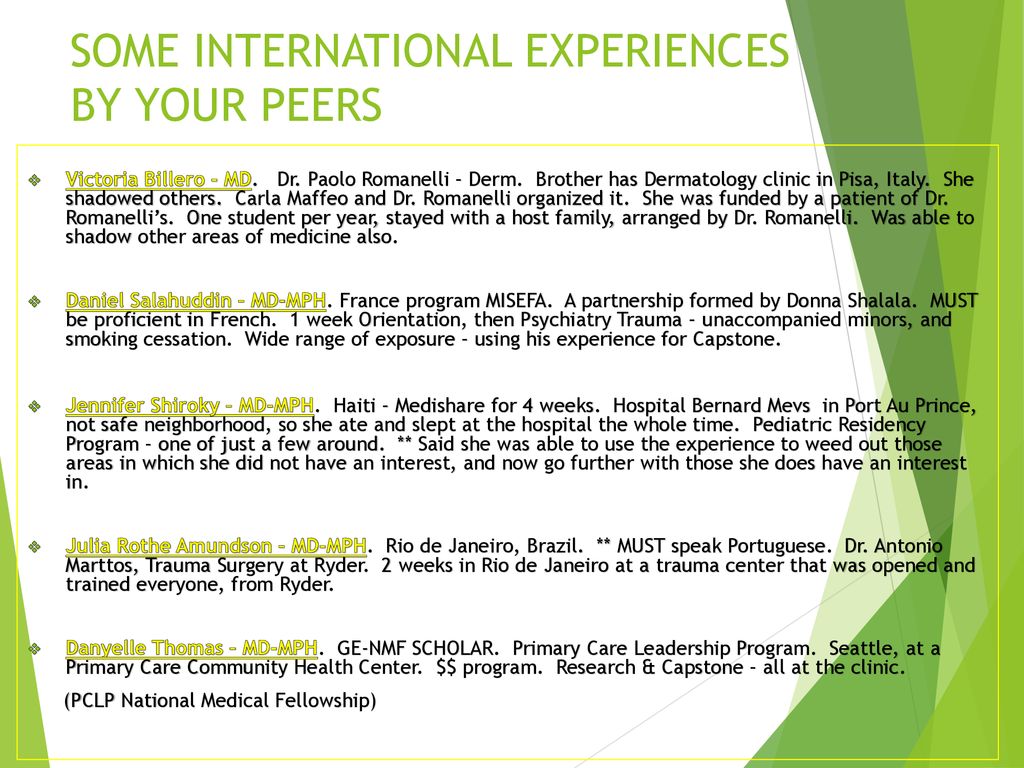

We initiate a study of when this problem is solvable in polynomial time. Vavasis recently proved that this problem is NP-complete. In the past decade NMF has become enormously popular in machine learning, where the factorization is computed using a variety of local search heuristics. To the best of our knowledge, this last result is the first polynomial-time algorithm that provably works under a non-trivial condition on the input matrix and we believe that this will be an interesting and important direction for future work.Ībstract = "The Nonnegative Matrix Factorization (NMF) problem has a rich history spanning quantum mechanics, probability theory, data analysis, polyhedral combinatorics, communication complexity, demography, chemometrics, etc.

Separability is believed to hold in many practical settings. The algorithm may be practical since it is simple and noise tolerant (under benign assumptions). We give an algorithm that runs in time polynomial in n, m and r under the separablity condition identified by Donoho and Stodden in 2003. Hence, substantial improvements to the above algorithm are unlikely. We complement this with a hardness result, that if exact NMF can be solved in time (nm) o(r), 3-SAT has a sub-exponential time algorithm. Indeed NMF is most interesting in applications precisely when r is small. We give a polynomial-time algorithm for exact and approximate NMF for every constant r. Consider a nonnegative m x n matrix M and a target inner-dimension r. The Nonnegative Matrix Factorization (NMF) problem has a rich history spanning quantum mechanics, probability theory, data analysis, polyhedral combinatorics, communication complexity, demography, chemometrics, etc. To learn more about this program, please visit the NMF Primary Care Leadership Program webpage. The program is open to medical students and graduate-level nursing and physician assistant students who are poised to become leaders in primary care. PCLP provides future health care professionals with an opportunity to experience the challenges and rewards of primary care practice in community health centers (CHCs) across the U.S. The GE Foundation and National Medical Fellowships founded the Primary Care Leadership Program in 2012 to increase access to primary care for the underserved. Libertone’s efforts will be geared toward increasing accessibility to quality, comprehensive care in low-income families and underserved communities. Her post-graduation plan is to work in a community health setting as a primary care provider who incorporates substance abuse treatment into practice. Libertone is the first UB School of Nursing student to be selected for this program. “Nurse practitioners are essential to providing care to diverse and underserved communities as we are able to fill the gap between the barriers to access affordable, comprehensive health care services and the patient populations that are experiencing increasingly complex diseases who often go undiagnosed and untreated.” “The nurse practitioner role is constantly evolving, and this is helping to broaden my experience, both as a provider and a leader in the primary care setting,” says Libertone. and Oakland, Calif.Ģ021 programming in Boston focuses on substance use disorders, behavioral health integration and combatting the opioid crisis. 2021 site partners are located in Boston, Mass. Program scholars engage with a community health center (CHC) partner and Primary Care Leadership Program (PCPL) mentors in leadership training, team-based project activities and health care service delivery. Libertone will receive a $5,000 stipend to cover expenses during this service-learning experience period.


 0 kommentar(er)
0 kommentar(er)
